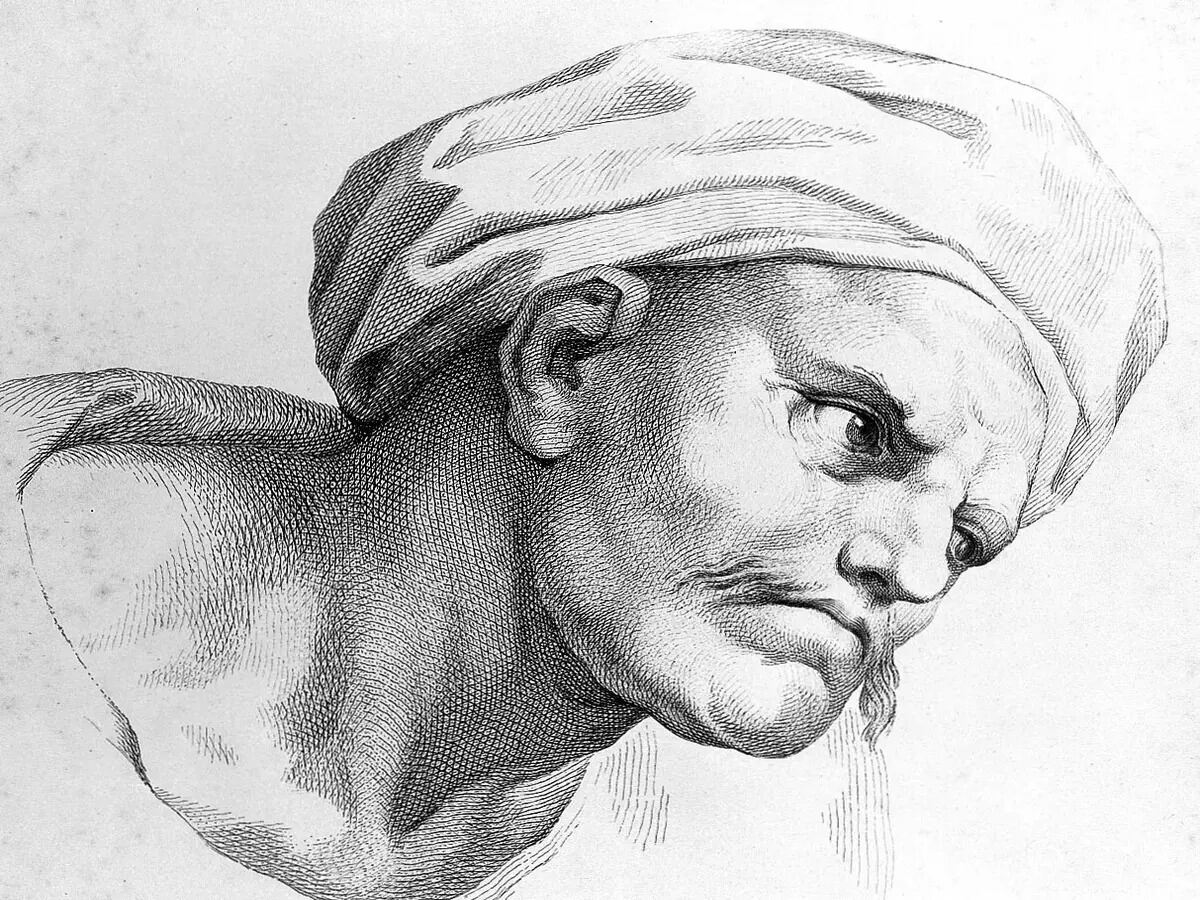
Averroes, also known as Ibn Rushd, was a prominent medieval philosopher, jurist, and physician who lived in the 12th century Andalusian society. His immense contributions to various fields of knowledge have placed him among the most renowned thinkers of his time. Averroes played a significant role in the revival of Aristotelian philosophy and helped bridge the gap between Islamic and Western thought.
In this article, we will delve into the extraordinary life and work of Averroes, shedding light on some astonishing facts about this remarkable figure. From his influential writings to his impact on intellectual discourse, Averroes left an indelible mark on the world of philosophy and beyond. So, let’s embark on a journey to explore 13 fascinating facts about Averroes and discover the profound legacy he left behind.
Key Takeaways:
- Averroes was a brilliant philosopher, judge, and medical expert who believed in the harmony of reason and faith, influencing both Islamic and Western philosophy.
- His commentaries on Aristotle’s works sparked debates, influenced Western thinkers, and were rediscovered during the Renaissance, shaping the world of philosophy and scholarship.
Averroes was a scholar of immense versatility.
Not only was Averroes a renowned philosopher, but he also excelled in other disciplines, including medicine, law, and mathematics.
Averroes was deeply influenced by the works of Aristotle.
Averroes dedicated a significant portion of his life to translating and interpreting Aristotle’s works, which greatly helped in preserving and spreading Aristotle’s philosophy in the Western world.
Averroes’ commentaries on Aristotle’s works were groundbreaking.
Averroes wrote extensive commentaries on Aristotle’s works, providing valuable insights and interpretations that significantly influenced medieval European philosophy.
Averroes advocated for the compatibility of reason and faith.
He argued that reason and philosophy could coexist with religious beliefs, challenging the prevalent notion of a dichotomy between the two.
Averroes served as a judge and legal scholar.
His expertise in law and his fair judgments earned him a prominent position as a judge in the Almohad court.
Averroes made notable contributions to the field of medicine.
He wrote several medical works, covering topics such as pediatric medicine, cardiothoracic surgery, and ophthalmology.
Averroes remained an influential figure in Islamic philosophy.
His works, particularly his commentaries on Aristotle, continued to be studied and admired by Islamic scholars long after his death.
Averroes’ philosophy sparked intellectual debates.
His thoughts on the nature of the soul and the relationship between philosophy and religion contributed to heated discussions among scholars of his time.
Averroes’ writings were initially met with resistance.
His ideas were considered controversial by some religious authorities, leading to bans on his works in certain regions.
Averroes’ philosophical ideas influenced Western thinkers.
His commentaries on Aristotle’s works played a pivotal role in the development of medieval Christian Scholasticism.
Averroes’ legacy was resurrected during the Renaissance.
His works were rediscovered and translated during the Renaissance, introducing his philosophy to a new generation of European scholars.
Averroes’ impact extended to astronomy.
He made significant contributions to the field of astronomy, including his observations of planetary motion.
Averroes’ philosophy emphasized the importance of reason and intellectual discourse.
He sought to encourage critical thinking and rational analysis as crucial tools for understanding the world.
These are just a few highlights from the remarkable life and achievements of Averroes. His intellectual brilliance and his willingness to challenge existing beliefs have left a profound legacy that continues to shape the world of philosophy and scholarship today.
Conclusion
From his influential works in philosophy, medicine, and theology to his significant impact on the development of Western thought, Averroes remains an astonishing figure in history. Through his enduring legacy, he shaped the intellectual landscape of his time and continues to inspire generations. His emphasis on combining reason and faith, his defense of knowledge and freedom of thought, and his determination to bridge the gap between the East and the West make him a truly remarkable individual. Averroes’ contributions and ideas continue to motivate scholars, researchers, and philosophers to delve deeper into the realm of human understanding. As we uncover more about his life and works, we gain a better appreciation for the intellectual giants who came before us and paved the way for the knowledge and progress we enjoy today.
FAQs
1. Who was Averroes?
Averroes, also known as Ibn Rushd, was a medieval Andalusian polymath. He was a renowned philosopher, physician, jurist, and Islamic theologian.
2. What were Averroes’ major contributions?
Averroes made significant contributions to various fields, including philosophy, medicine, law, and theology. He is best known for his commentaries on Aristotle’s works, which played a vital role in reintroducing Aristotle’s ideas to Western Europe.
3. How did Averroes bridge the gap between the East and the West?
Averroes played a crucial role in the translation movement, where Greek philosophical texts were translated into Arabic and then further translated into Latin. His works became instrumental in the transmission of Greek philosophical thought to the Western scholars.
4. What was Averroes’ view on the relationship between reason and faith?
Averroes believed that reason and faith were complementary and should coexist. He held that philosophical truths and religious teachings could be reconciled, and that reason should be used to interpret religious texts.
5. What is Averroes’ influence on Western thought?
Averroes had a profound impact on Western thought, particularly during the Middle Ages. His commentaries on Aristotle’s works shaped the development of Scholasticism, and his ideas on reason and faith influenced Western philosophers such as Thomas Aquinas.
6. How did Averroes defend knowledge and freedom of thought?
Averroes advocated for the pursuit of knowledge and defended the freedom of thought. He rejected blind adherence to tradition and asserted that reason should be utilized to explore and understand the world.
7. Is Averroes still relevant today?
Averroes’ ideas and contributions continue to be studied and appreciated today. His emphasis on the importance of reason, his bridging of cultural divides, and his defense of knowledge and freedom of thought remain relevant in contemporary discussions.
Averroes' legacy as a brilliant scholar during the Islamic Golden Age continues to inspire and amaze. Explore more fascinating figures from this era, such as Alhazen, whose groundbreaking discoveries in optics and physics revolutionized scientific thought. Delve into the world of Islamic philosophy by learning about the profound insights of AlGhazali, a theologian and mystic who left an indelible mark on the intellectual landscape of his time.
Was this page helpful?
Our commitment to delivering trustworthy and engaging content is at the heart of what we do. Each fact on our site is contributed by real users like you, bringing a wealth of diverse insights and information. To ensure the highest standards of accuracy and reliability, our dedicated editors meticulously review each submission. This process guarantees that the facts we share are not only fascinating but also credible. Trust in our commitment to quality and authenticity as you explore and learn with us.


